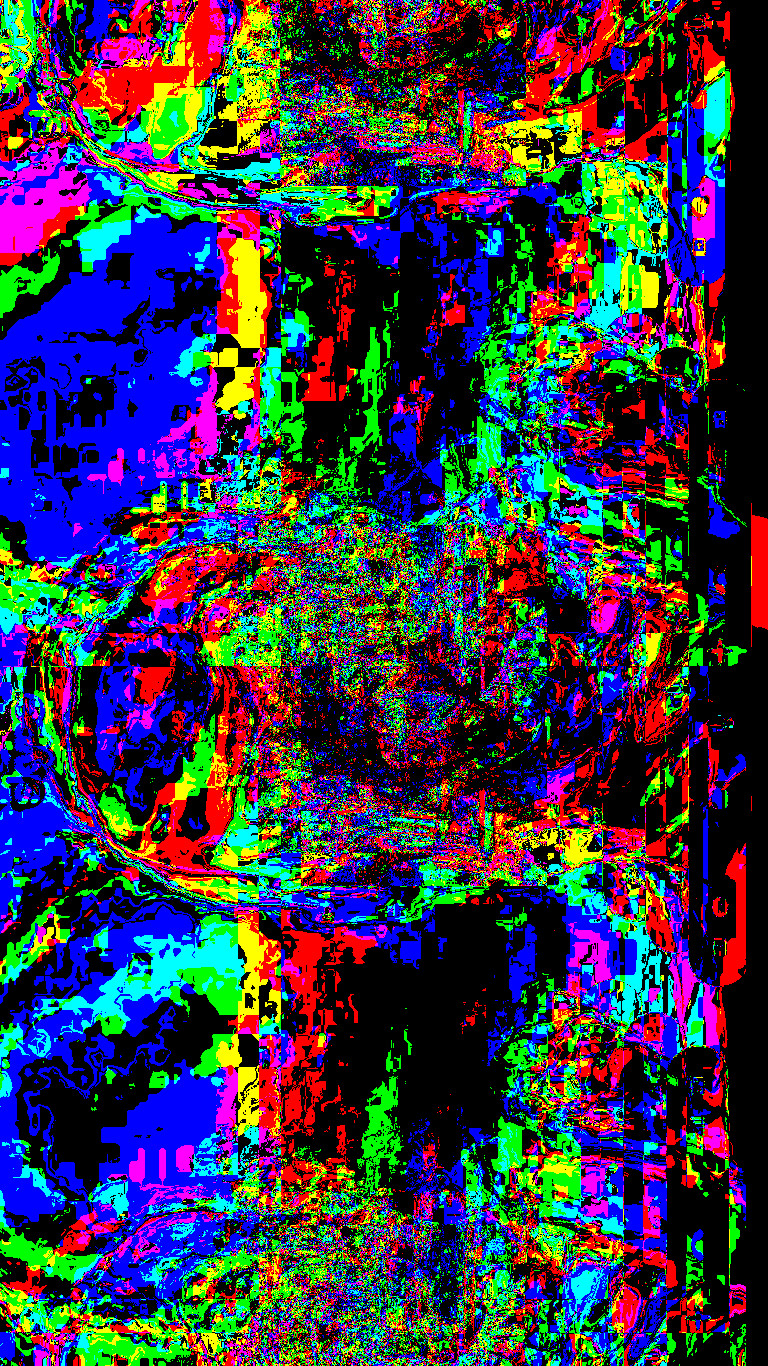revew: Lizzie Nunnery – The People Are Singing
The People Are Singing/
by Lizzie Nunnery/
dir Tamara Trunova/
Royal Exchange Studio/
6-8/4/2017//
The first analogy that comes to mind watching The People Are Singing is the idea of it being a sort of The Little Prince through a glass darkly, bumping up against Anthony Neilson’s The Wonderful World of Dissocia. It is a picaresque and dissociative journey; Ukrainian Irina flees from the death of her mother to the city where, she hopes, she will find her father. Unlike Neilson’s play, however, there is no secret logic to the journey, no lifting-of-the-veil. We are served a series of downward breaks as Irina stumbles across the wooded landscape, and intermittently into its other broken residents. The effect is less of being emancipated from reality so much as being drowned in it.
The trauma of Irina, and of The People Are Singing, defies a psychological reading, though. It is not a trauma confined to a simple brain, nor to a single region or country, but split across a border and a people, portioned out in the form of individual madnesses. In the moments Irina finds another member of her world they commune and share a mutual dislocation. The soldier that kills Irina’s mother repeatedly insists that she is just like his own daughter. The vacuum he harbours cannot be filled by any act of violence, coercion or possession – they are the only tools he has and only serve to deepen the hole he is in. The portrait here is not of Irina, but exploits her
The war (conflict?) at the core of the play is left unspecified, though there are heavy parallels with the Euromaidan demonstrations of 2013-14, and the struggle is unambiguously between Russians and Ukrainians. The treatment of this conflict, and Irina’s journey at the hands of it, resists any psychosexual root or metaphor and skirts a solid meaning. The source of war, of trauma, is alluded to in vague non-specifics, is always hunting and often makes kills but cannot be pinned down and looked at. Instead, it is skirted about, played out through imagistic employment of bloodstained sheets, skipping ropes. The constructions dance tantalisingly at the edge of interpretable, seeming a breath away from resolving into a definable picture before spinning away.
There is a brutal reality at the core of The People Are Singing, apparent but too visceral to become clear. As a consequence, the performance language turns to Artaudian shrieks, spasms and intense plays of physical contact. Here I think the piece becomes muddy. In the moments of dialogue the performances feel too wedded to psychological realism to hit me in the gut. Too many of the movements between the two styles of performance feel arbitrary and I wish for more of a rupture in the theatrical event.
At the end of the play, unannounced, a Ukranian choir of about 20 members walks on, sings a song, walks off. In its own right this is beautiful but sticking it on the end makes it feel like a gesture. I would rather the choir interrupt the piece mid flow, force us to acknowledge them. As it is, it is a timid and polite suggestion, rather than a demand, that the space and performance might be considered for something else. I’d rather it crowbarred its place into the show. I’d rather it came on howling.
It occurs to me that this play has more in common with Antoine de Saint-Exupéry’s The Little Prince than I initially gave it credit for. Both have an intrinsic relationship to warfare – where The Little Prince‘s conflict is more implied, The People Are Singing‘s lurks beneath every motivation without ever fully rearing its head. Both works feature a child in a role embodying some kind of mythic innocence or purity and watching The People Are Singing, something about the language of the metaphor, the shape of the plot, the energy of the direction, gives it a sense of children’s theatre. Perhaps this is more a reflection of children’s theatre’s willingness to code its message into the creation of a world, rather than subtle interactions between naturalistic characters.
I don’t know what I signpost with this observation. War always falls hardest on those who have no control over the starting of it. It is distant from me, always has been. It seems apt that this piece comes to me through so many filters. The songs, in Ukranian, coming from a place I do not know, in a language I can’t understand, tangled in a cryptic grief, seem manifest a psychic exorcism. Whose ghosts, and what they become to us, when aired here in Manchester, I can only guess.
